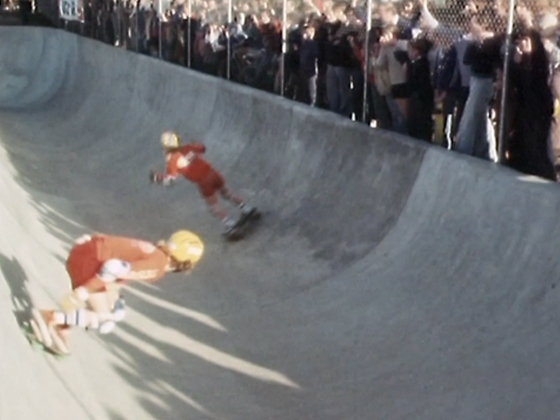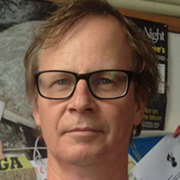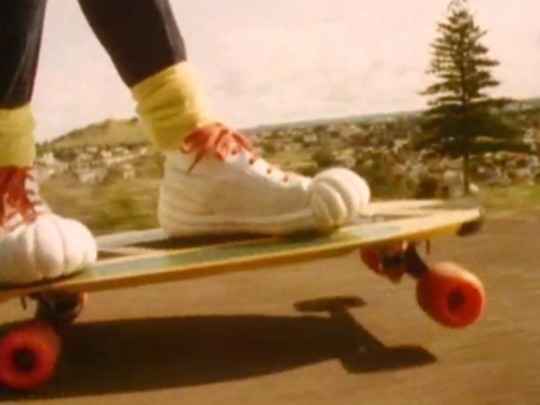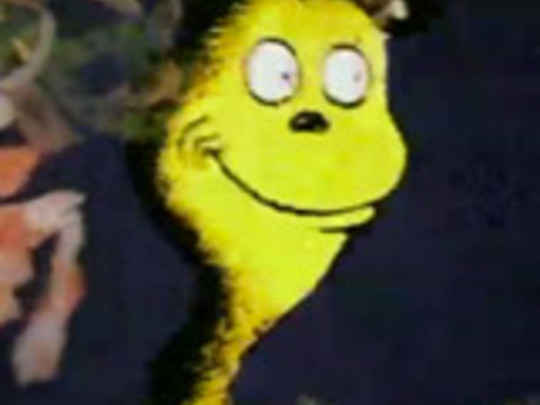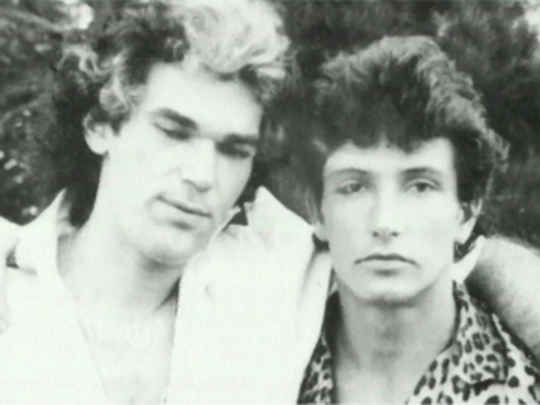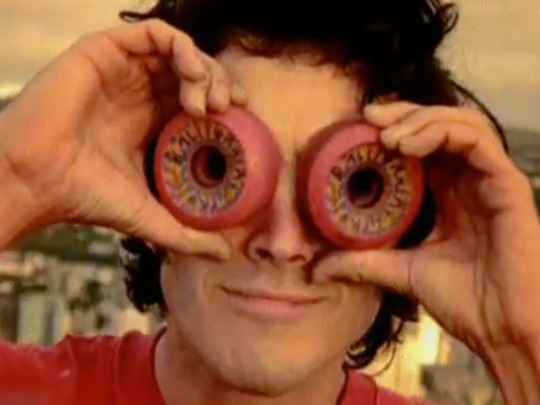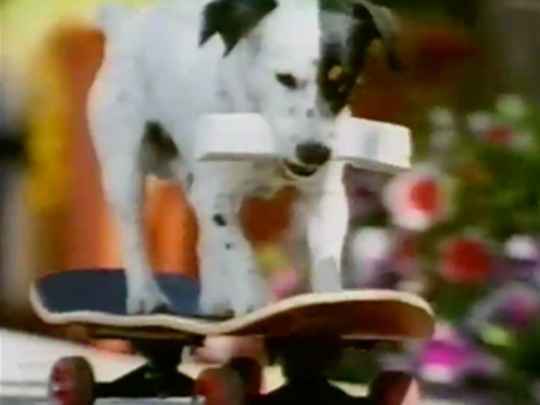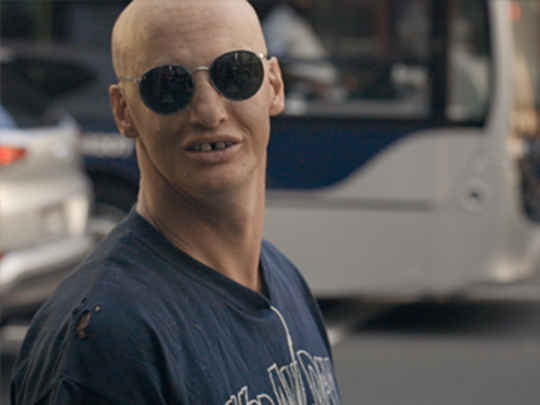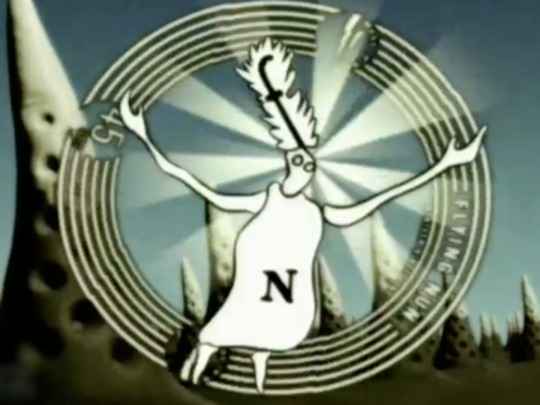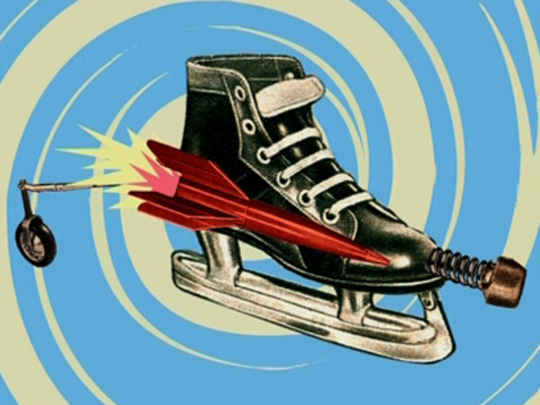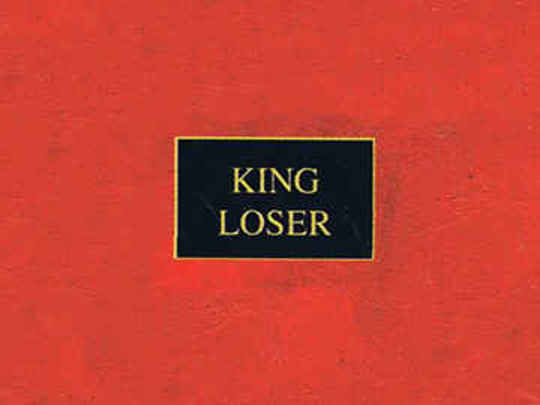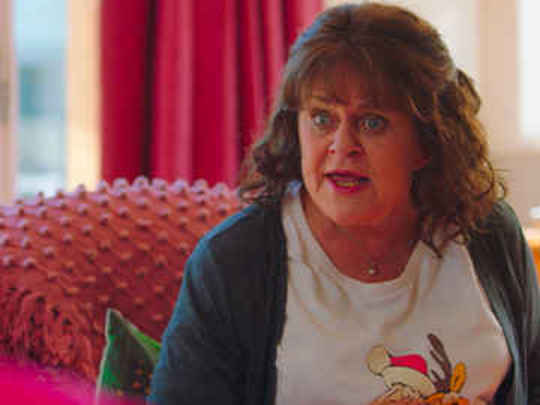No More Heroes
Film (Full Length) – 2006
Skateboarding On Screen
I grew up in Birkenhead on Auckland's North Shore, playing rugby, riding bikes and building huts. It was a pretty standard upbringing until my brother Phil turned up one summer's day in 1976 with a skateboard. It was made of a strange plastic material and had a roller skate cut in two attached to it. Everything changed that day.
From then on, Phil and I spent every possible minute riding skateboards. My father Dave was a boatbuilder. He started making us boards out of wood, fibreglass, metal — even a see-through plastic called Lexan. Those were magical times; parental supervision was minimal, and we'd spend our days skating the smooth asphalt car parks at Glenfield Mall, and the local car parks around Birkenhead. Skateboarding bought freedom to our lives: just you and the board, out in the streets.
The United States was the birthplace of skating, and the place we looked to as the mecca of this new sport. We'd receive the magazine Skateboarder from the States monthly, and savour every page. It was filled with skaters in skateparks and empty pools, which were abundant in the US, but scarce in New Zealand. We also saw them skating on ramps built to mimic the transitions [curves] of pools, and figured we could do that. So we started building all sorts of dangerous looking structures. Although my dad helped out sometimes, mostly these were child-built monstrosities that would give any council safety inspector an instant heart attack.
In 1977 I got sponsored by Edwards, then one of New Zealand's two major skate brands. They gave me boards and safety gear, and eventually we started doing demonstrations at school fairs and shopping malls. We got paid $10 a month, and $10 per demo. Some weekends we’d do three demos a day. I was a pro! Edwards sponsored some of the best skaters in the country, and being around them amped up my ability; I wanted to be as good as them.
In early 1978, rumours began to spread about a new skatepark being built in Manukau. It was to be an exact replica of Skatopia, one of the best of the new crop of Californian parks. We visited the park a couple of times during construction, and couldn’t believe what we were seeing: the rugby field sized maze of concrete bowls and snake runs blew our young minds. It’s fair to say Skatopia changed everything. Suddenly New Zealand had a skatepark on par with what was happening in the States. Skatopia became the new proving ground to see how good you actually were.
Little did we know skateboarding would take a downturn in popularity. Skatopia closed after only a couple of years in operation. I drifted off into other activities, but a skateboard was never far from my life — I always had one kicking around somewhere.
Cut to 1996. That year I made contact with Tony Hallam, a childhood skate friend. His father Colin had been a keen photographer; he'd also filmed some Super 8 home movies at Skatopia. Tony sent me the footage, and I was blown away. It was like your whole childhood staring back at you, in the vivid colours that only Super 8 film can provide. My brother Phil and I decided the world had to see this footage; with Tony and Colin's permission, we began to formulate what would become No More Heroes. The original idea was to make a short film focusing on Skatopia, and call it Skatopia ’78 – The Summer Years. We edited a trailer with the legendary voice of DJ Barry Jenkin narrating, and submitted it to Creative New Zealand for funding (the submission video can be viewed here). We were unsuccessful, but that only made us more determined.
We started trying to track down all the people we wanted to interview — the phone book and electoral roll were our main tools. Once the stories started flowing, it was obvious the film should grow into a feature, focussing not just on Skatopia, but the rise and fall of skateboarding in New Zealand from the mid 1970s to 1981. We also amassed some incredible photos and footage from the era that had remained largely unseen.
By 2004 we'd filmed 35 interviews, and it was time to try and edit everything into a cohesive film. Having applied for funding again, we were lucky enough to receive $10,000 from the Screen Innovation Production fund (run by Creative New Zealand and the NZ Film Commission). We used the money to buy the latest iMac, and learnt how to edit. My friend Daren King had been working with us for a couple of years. He knew more about editing than me, so Daz and I began the monumental task. Over a year we got together at weekends and edited for as long as we could — epic sessions long into the night, then back into it the next morning. The film was taking shape and looking great.
We needed a narrator. Whilst Barry Jenkin had done a sterling job on the promo, his voice was everywhere at the time in ads and documentaries; we felt a fresh take was needed. Many names were tossed around including my favourite, Sir Ed Hillary. We approached Graham Brazier, and he was keen. I’d always been a fan, and knew his gravelly tones would have the nostalgic touch required.
With editing nearly complete, we approached Ant Timpson, who was curating the Incredibly Strange section of the NZ International Film Festival. He liked what he saw, made some editing suggestions, and encouraged us to submit it. The film was accepted and we now had a deadline: the world premiere was set for 29 July 2006.
That night was one of the highlights of my life. The SkyCity Theatre in Auckland was sold out — 650 people were in attendance. A rowdy crowd hooted and hollered, including most of those featured on-screen. They seemed to really 'get' the film. After the screening we did a Q and A, and got the 'stars' up on stage. The film played the other main centres and had packed houses throughout, filled with nostalgic Kiwis lapping up an unseen corner of New Zealand's history.
The good times didn’t last. When we tried to release No More Heroes on DVD, we ran into problems. The music we'd used — Dragon, Hello Sailor, Th' Dudes etc — proved very expensive to license beyond the screenings at the festival. There was no way we could raise the $20 to $30,000 being quoted for a DVD release. Alongside a marriage breakup and various personal issues, the film ended up in the 'too hard' basket. There it sat until I was contacted by Angela Jolly, a Kiwi who had run a Vans snowboard and skate park in the United States. She'd heard about the licensing problems, and wanted to help.
A plan was hatched to approach Flying Nun Records, and ask if we could feature their music in a new version of the film. Flying Nun has released my all-time favourite music. They were keen. I was honoured to be given the use of their extensive back catalogue. We launched a successful crowdfunding campaign on Boosted, and gave the money to Flying Nun. I spent six months tweaking the film with the new soundtrack. On 12 April 2015 we premiered No More Heroes (again), this time at the Pt Chevalier RSA. It was standing room only, with 300+ crammed in. Relief doesn’t begin to describe it: finally people could see the film again. We also produced DVDs and distributed them through Flying Nun.
No More Heroes has had various screenings since, including on Sky TV's Rialto channel. But we’ve never managed to get it online — until now. I’m so happy that people can now view the film for free, anywhere in the world. I’m immensely proud of it, and feel it captures a slice of Kiwi history that hasn’t been documented. Skateboarding has given me so much in my lifetime, and this is my gift back to skateboarding. My love letter. I hope you enjoy it.
And lastly a few thank yous — because without these fine folks, there would be no film: my brother Phil, my parents Dave and Val, Stuart Page, Daren King, Michelle Moore, Tony and Colin Hallam, Eddie Wesseling, Victor Viskovich, Graham Brazier (RIP), Grant Fell (RIP), Dave Douglas (RIP), Russell Brown, Tony Mallet, Kerry Brown, Angela Jolly, Ant Timpson, Ben Howe, Dylan Pellet, Frank Edwards, David Hill, Amber de Boer — and anyone else I forgot. Thanks, let’s roll!
- Andrew Moore, Waiatarua, January 2023
